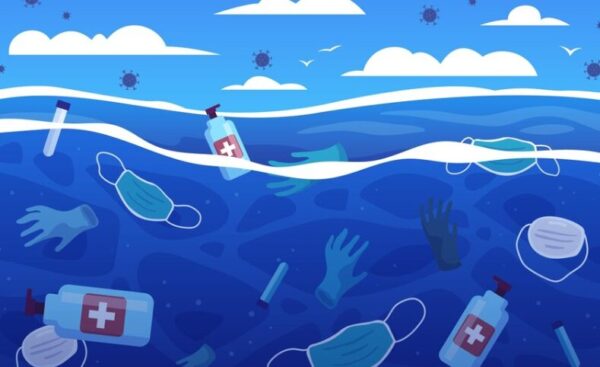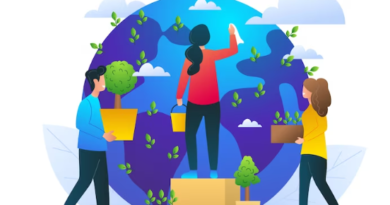10 ways to reduce plastic pollution
How to Reduce Plastic Pollution: 10 Simple Ways to Make a Big Impact
Plastic pollution has become a pressing environmental issue, with devastating effects on our oceans, wildlife, and human health. The good news is that each of us can play a part in reducing plastic pollution through simple yet effective actions in our daily lives. In this article, we’ll explore 10 practical ways to minimize plastic waste and help protect our planet for future generations.
Say No to Single-Use Plastics
Single-use plastics like straws, plastic bags, and disposable utensils contribute significantly to plastic pollution. By refusing these items and opting for reusable alternatives such as metal straws, cloth bags, and bamboo utensils, we can drastically reduce our plastic footprint.
Choose Eco-Friendly Packaging
When shopping, opt for products with minimal or recyclable packaging. Look for items packaged in paper, cardboard, or glass instead of plastic. Additionally, support brands that prioritize sustainable packaging practices and use recycled materials.
Bring Your Own Containers
When purchasing items in bulk or from a deli, bring your own containers to avoid using plastic bags or containers provided by the store. This simple habit can significantly reduce the amount of plastic waste generated from food packaging.
Switch to Reusable Water Bottles and Cups
Instead of buying bottled water or drinks in plastic containers, invest in a durable reusable water bottle and coffee cup. Not only will you save money in the long run, but you’ll also help reduce the staggering amount of plastic bottles and cups ending up in landfills and oceans.
Participate in Beach and River Cleanups
Get involved in community clean-up efforts focused on beaches, rivers, and parks. By volunteering your time to remove plastic litter from these environments, you can prevent it from harming wildlife and ecosystems while raising awareness about the importance of waste management.
Support Plastic-Free Initiatives
Advocate for policies and initiatives aimed at reducing plastic pollution in your community. This may include supporting plastic bag bans, advocating for extended producer responsibility laws, or encouraging businesses to adopt plastic-free practices.
Properly Dispose of Plastic Waste
Ensure that plastic waste is disposed of properly by recycling whenever possible. Familiarize yourself with your local recycling guidelines and make sure to clean and sort recyclable materials before placing them in the appropriate bins.
Reduce Microplastic Pollution
Be mindful of products that contain microplastics, such as cosmetics, personal care products, and synthetic clothing. Opt for natural alternatives and choose clothing made from natural fibers like cotton or wool to reduce the release of microplastics into the environment.
Educate Others
Spread awareness about the harmful effects of plastic pollution and the importance of reducing our reliance on plastic. Encourage friends, family, and colleagues to adopt plastic-free habits and share information about alternative solutions.
Lead by Example
Ultimately, the most powerful way to inspire change is by leading by example. Embrace a plastic-free lifestyle and demonstrate how simple everyday choices can make a significant difference in reducing plastic pollution.
Conclusion:
By implementing these 10 strategies, we can all play a part in reducing plastic pollution and protecting our planet’s delicate ecosystems. Together, we can make a meaningful impact and ensure a cleaner, healthier environment for generations to come. Join the movement to say goodbye to plastic pollution and embrace a more sustainable way of living.
FAQs:
Q: Is recycling an effective solution to plastic pollution?
Ans: While recycling is beneficial, it’s not a complete solution. It’s essential to reduce consumption, reuse items, and properly dispose of waste to address the root causes of plastic pollution.
Q: How can I encourage my local community to reduce plastic waste?
Ans: Organize educational workshops, community clean-up events, and advocacy campaigns to raise awareness and mobilize action against plastic pollution.




